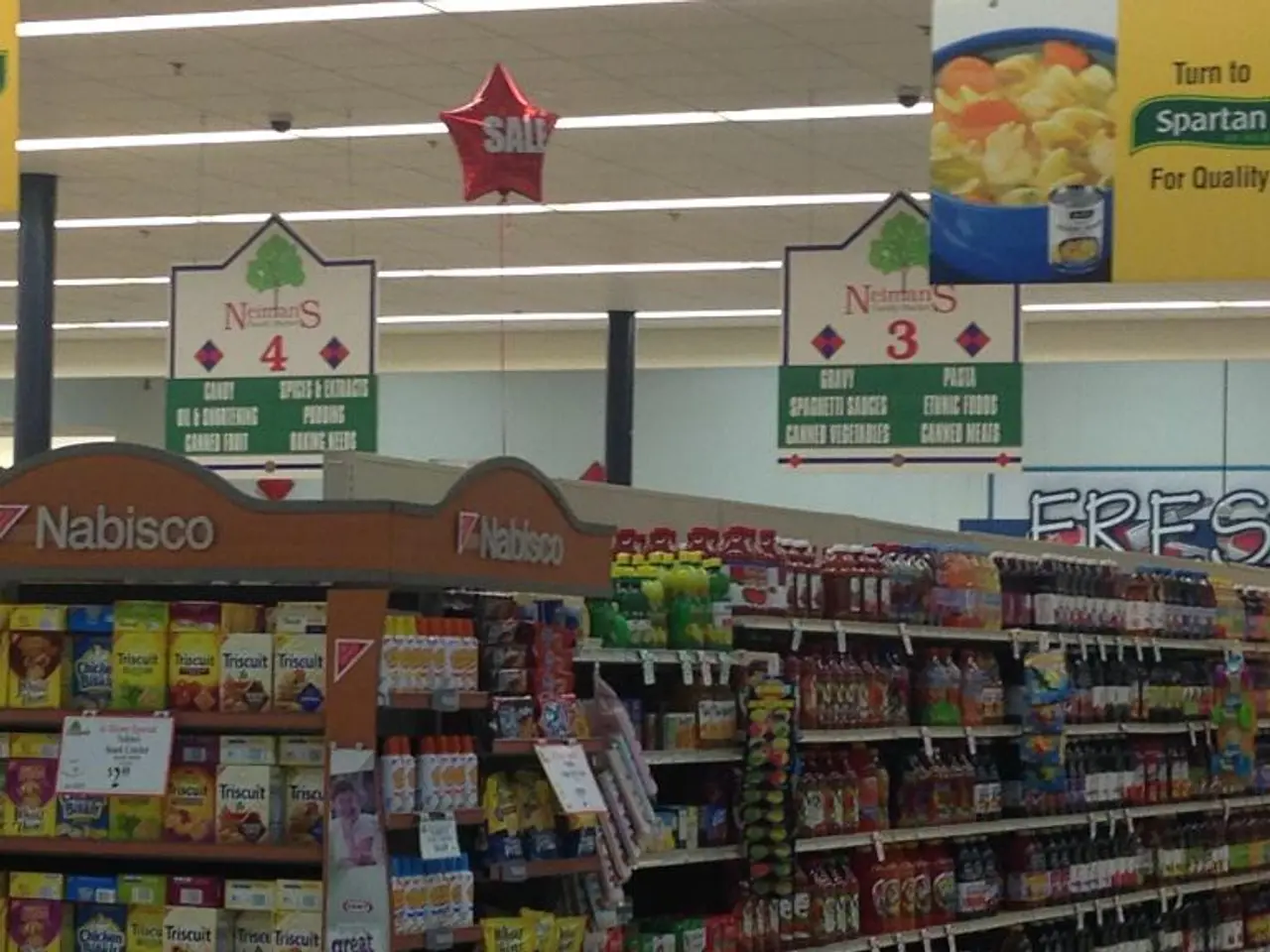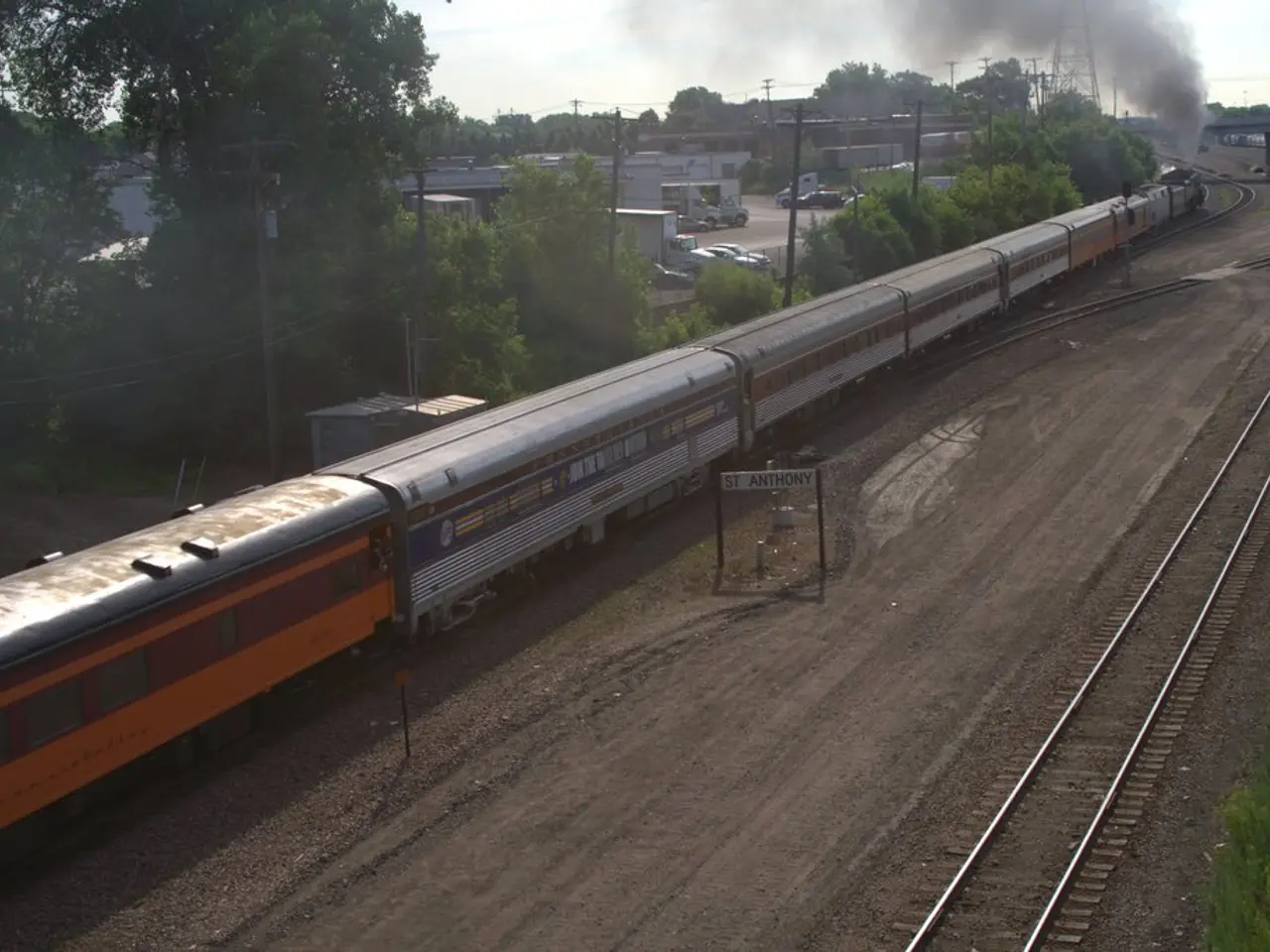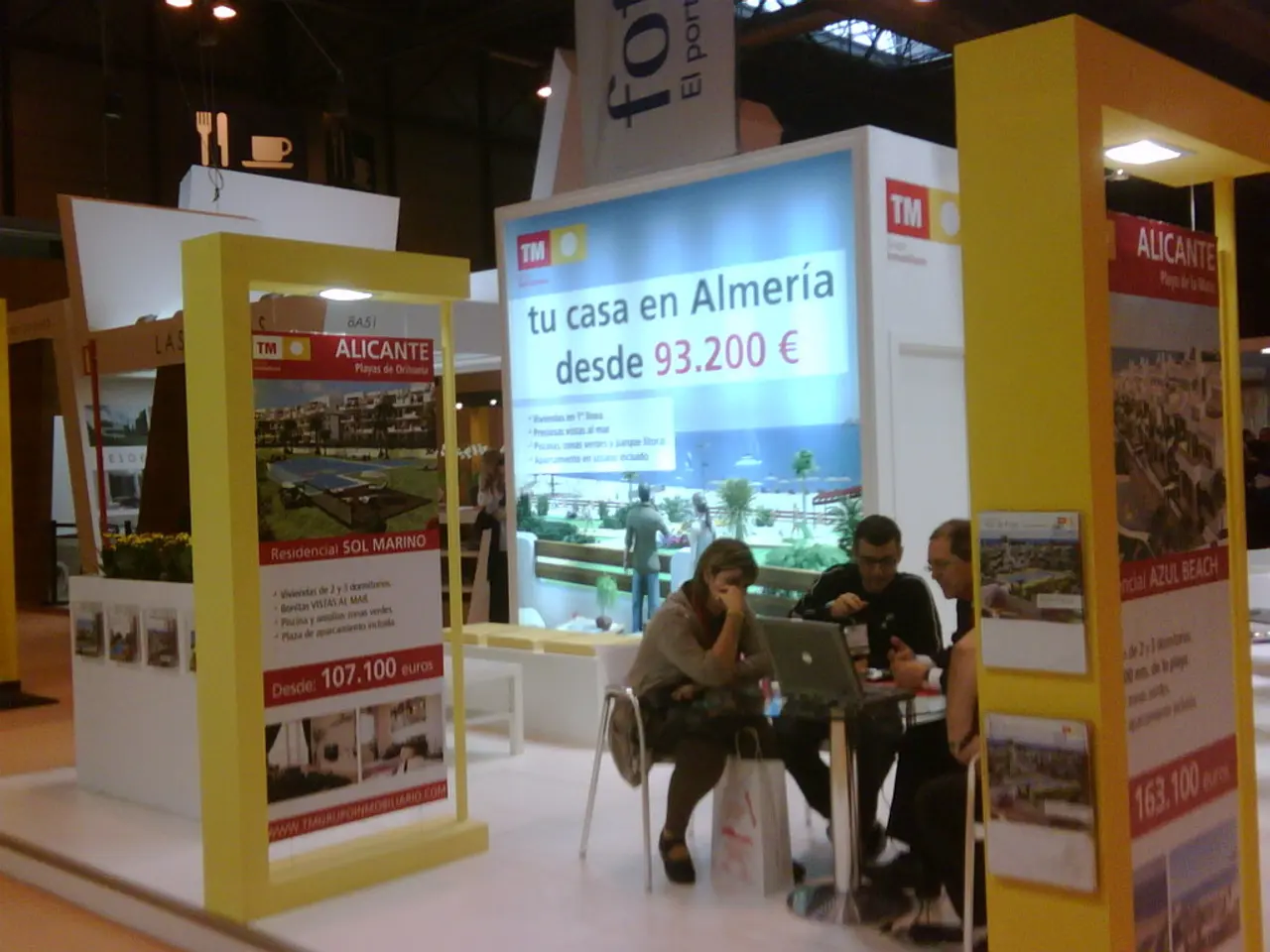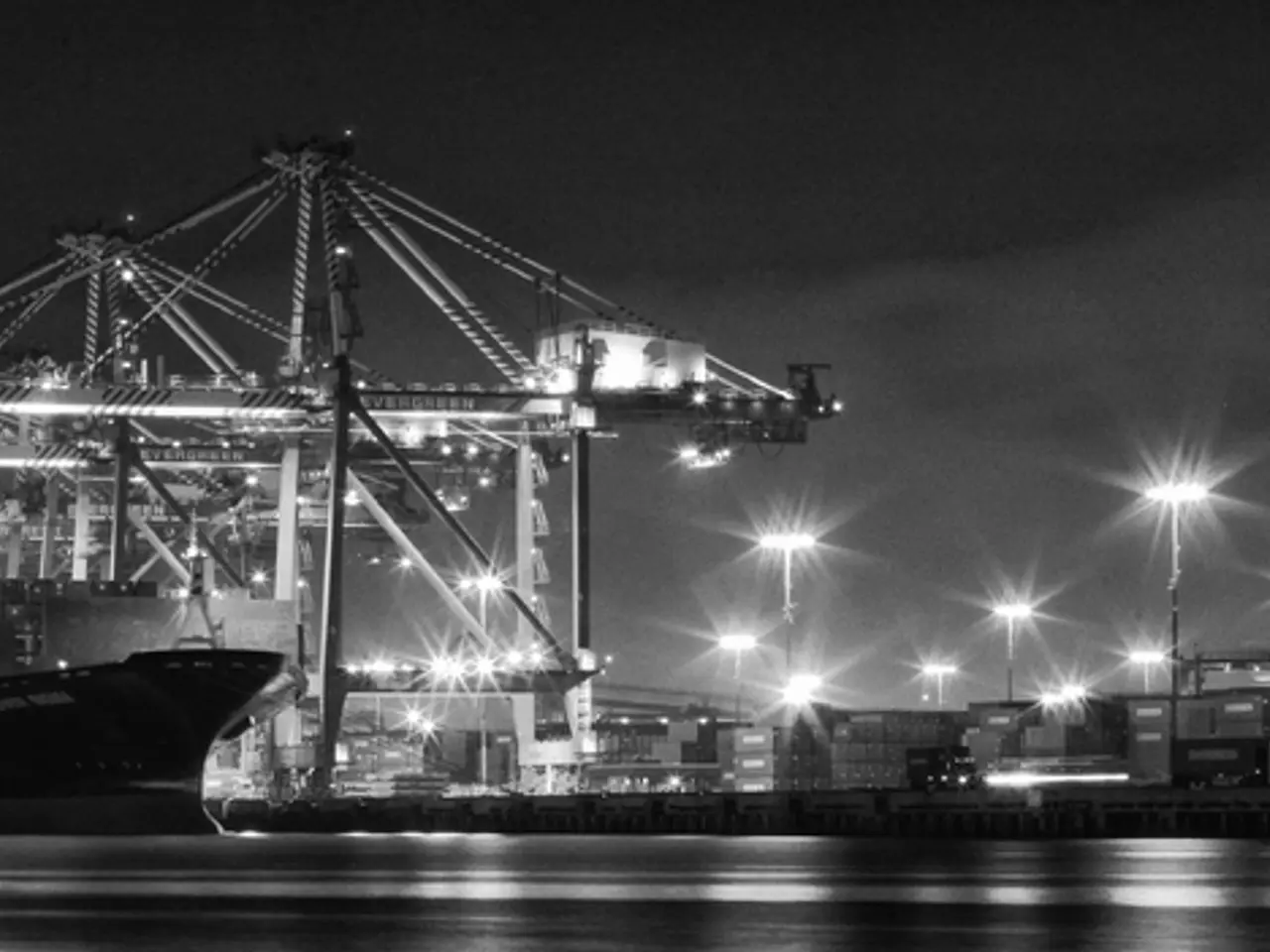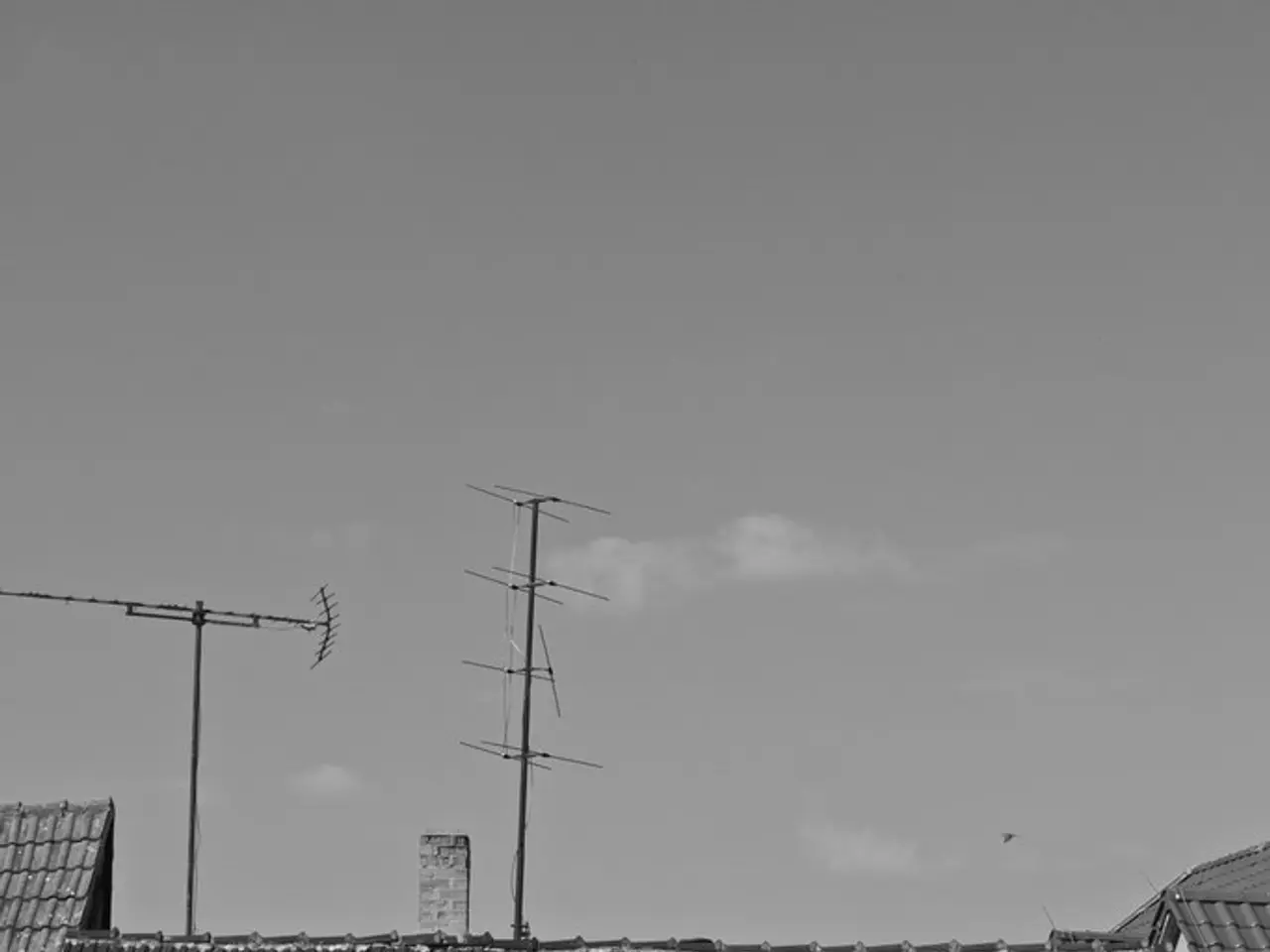Two decades of Allianz Arena's History in Munich: A retrospective look at its milestones and events
Allianz Arena Celebrates 20 Years in Munich: Investments, Anecdotes, and Future Plans
By: Katharina Brumbauer
Twenty years ago, the Allianz Arena in Munich opened its doors. Since then, it has hosted numerous significant events and undergone several renovations. This piece explores the milestones, investments, and future plans associated with the anniversary of Munich's iconic stadium.
Originally designed as a shared home for FC Bayern Munich and TSV 1860 Munich, the Allianz Arena held its first official match on May 30, 2005, with TSV 1860 Munich facing 1. FC Nuremberg. On the day after, Bayern FC took on the German national team to kick-start its era as the stadium's crowning jewel.
A Stadium's Evolution: Investments and Expansions
Over the past 20 years, the Allianz Arena has been rebuilt multiple times. Jürgen Muth, CEO of Allianz Arena Munich Stadium GmbH, reveals that significant investments have been made, aimed at improving the sports and entertainment venue.
One of the most notable adjustments involved increasing the stadium's capacity. In 2015, the seating area expanded, now accommodating 75,000 spectators. For international matches where standing spots are prohibited, the maximum occupancy drops to 70,000.
In the summer of 2019, a separate entrance for guests was built, complete with directly assigned parking spaces for buses and cars. And in 2017, workers replaced the original halogen metal vapor lamps with LED floodlights for the floodlight system.
Memorable Moments and the Future
As Muth highlights, these upgrades showcase the substantial investment in the stadium over the years. He prefers to forgo discussing exact costs but acknowledges numerous milestones reached along the way.
One such milestone arrived in 2017 when the lease with TSV 1860 Munich ended, making the arena strictly home to FC Bayern Munich. Although this reduced the number of games played, it opened up new possibilities for events, such as American football and open-air concerts.
The Upcoming Champions League Final in Munich
Exactly 20 years later, the Champions League final is coming to the Allianz Arena. As Muth explains, this event marks the pinnacle of European club football. Security and hospitality requirements for such a major event necessitate extensive preparations, which are currently underway.
Additional facilities for spectator control, an expanded media area, and a redesigned bus parking lot (to accommodate premium food and entertainment offerings for hospitality guests) have been constructed in preparation for the Champions League final.
A Model Project for the Future
Muth admits that the Allianz Arena was a remarkable achievement, completed in just 2.5 years. Despite the numerous advancements in stadium construction technology, he believes it remains possible to accomplish similar projects with the support of various entities, including the federal government, the city of Munich, and private parties.
However, the initial cost of around 340 million euros may no longer be feasible today due to the increased cost of construction materials and labor.
Allianz Arena by the Numbers
Over the course of its 20-year history, 787 games have taken place in the Allianz Arena, with approximately 13.5 million liters of beer served and 11.5 million sausages consumed. The video walls were enlarged in the summer of 2017 to nearly 200 square meters, making them the largest in a European stadium at the time.
By the end of 2026, the goal is to make the stadium fully sustainable by transitioning away from fossil fuels and adopting heat pumps. Additionally, charging stations for electric trucks and buses will be built.
Stay informed daily with the "Hallo München" newsletter or always up-to-date with the new "Hallo München" app, which delivers the most substantial stories from Munich.
Source
Additional Information:
The Allianz Arena, renowned for its innovative design by Herzog & de Meuron, is a prime example of modern sports stadium architecture[2]. Its defining feature is an exterior composed of movable polycarbonate panels that can change colors, allowing the stadium to display the crests of both FC Bayern München and TSV 1860 München.
[2] https://en.wikipedia.org/wiki/Allianz_Arena
The Allianz Arena, iconic stadium in Munich, has been a hub for major sports events, hosting significant matches like the Champions League final set for 2025. Over the years, considerable investments have been made in its expansion, such as increasing the stadium's capacity to 75,000 spectators and replacing the original halogen lights with LED floodlights. Notably, the arena has also hosted non-football events, such as American football and concerts, following the departure of TSV 1860 Munich in 2017.



